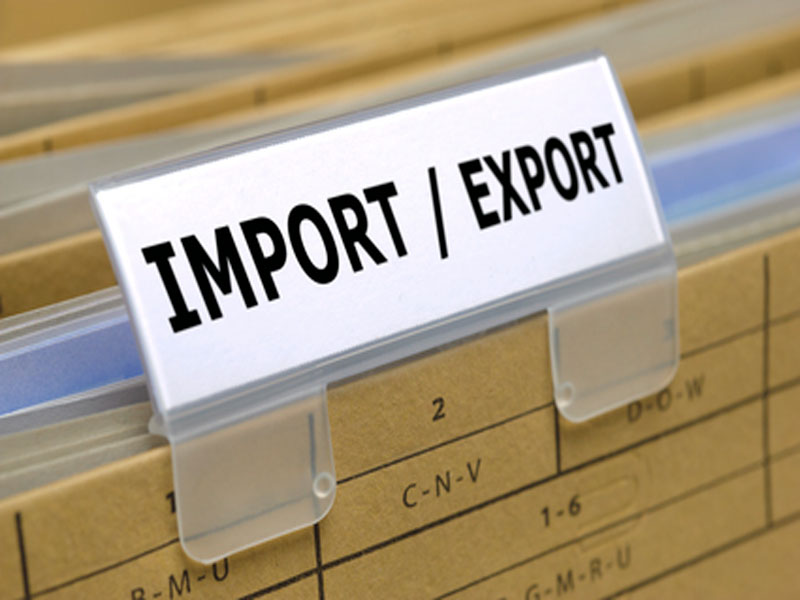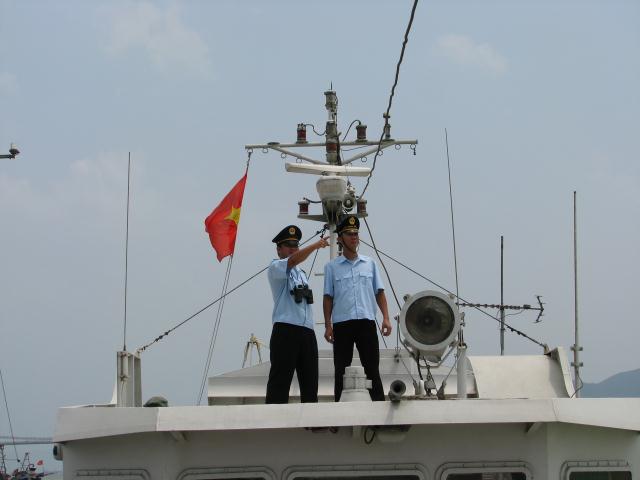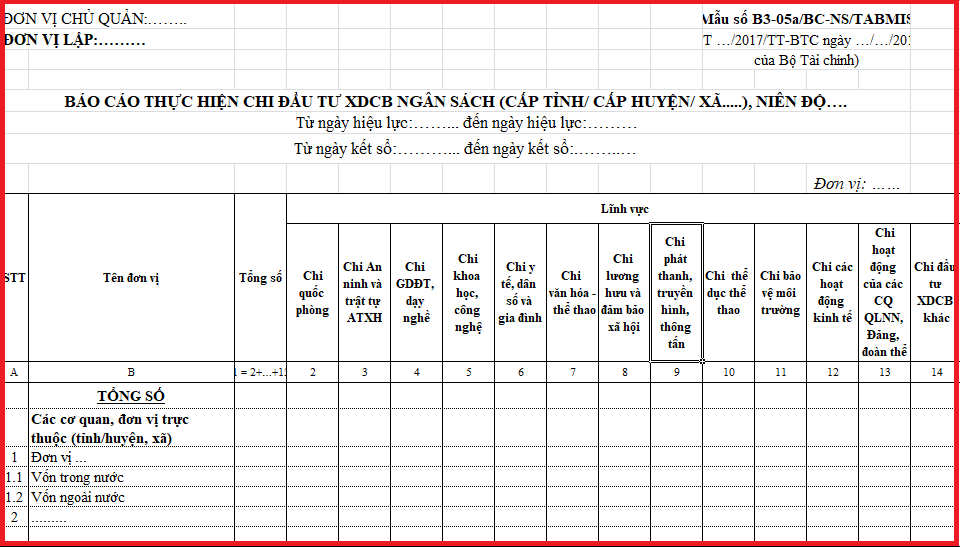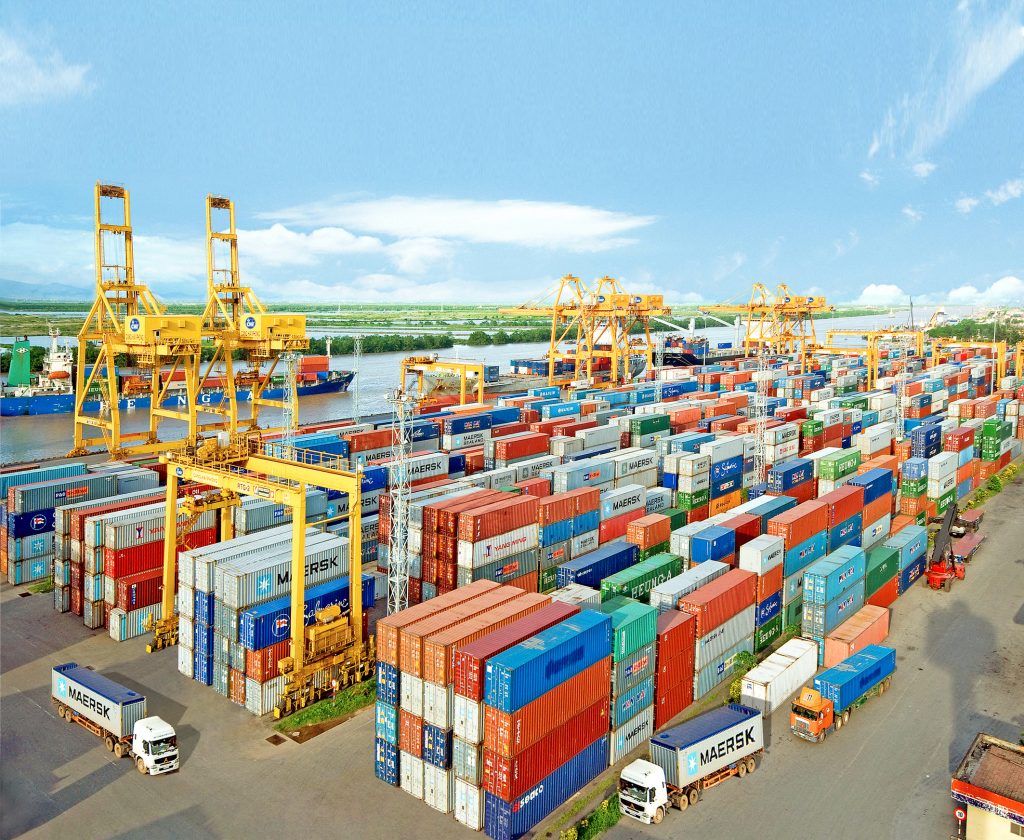From September 1, 2016, the Law on Export and Import Duties came into effect. With many new points and amendments moving towards progress, meeting the requirements of integration and development, the 2016 Law is expected to bring positive effects and promote economic growth.
Reasonable Protection of Domestic Production and Business
Law on Export and Import Taxes (EIT) 2016 has supplemented regulations on anti-dumping duties, countervailing duties, anti-discrimination duties to help protect domestic production and business in the context of international integration; based on inheriting, upgrading, and supplementing regulations of relevant Ordinances in the past.
To be specific, the Law has added regulations on taxes applicable to exported and imported goods, including anti-dumping duties, countervailing duties, and safeguard duties, including conditions, principles, and durations for each type of tax.
Based on the tax levels, quantities, or values of goods subject to anti-dumping duties, countervailing duties, and safeguard duties, the customs declarant is responsible for declaring and paying taxes following the provisions of tax management law.
Additionally, the Law revised the principles for issuing tax tariffs and tax rates. It encourages the import of raw materials and materials, prioritizing types that are not yet able to meet domestic demand; focuses on developing high-tech fields, source technology, energy saving, and environmental protection; in line with the socio-economic development orientation of the State and commitments on export and import taxes in international treaties that Vietnam is a member of. These principles will help stabilize the market and state budget revenue; simplify, ensure transparency, and facilitate taxpayers in implementing administrative procedures on taxes.
Revised the authority to issue Export Tariff, Import Tariff, and Export Tariff Framework. The Government of Vietnam has the authority to issue: Export Tariff; Preferential Export Tariff; Preferential Import Tariff; Special Preferential Import Tariff; List of goods and absolute tax levels, compound taxes, import taxes outside the tariff quota.
In necessary cases, the Government of Vietnam shall present to the Standing Committee of the National Assembly for revision or supplementation of the Export Tariff according to the List of taxable goods group and the export tax rate framework for each taxable goods group issued with this Law.
The Law also supplements and amends regulations on import tax exemptions for certain types of goods such as: Goods with a value or tax amount payable below the minimum level; Raw materials, materials, components imported for manufacturing export goods; Plant varieties, animal breeds; fertilizers, pesticides not yet produced domestically and necessary for import as prescribed by competent state management agencies; Machinery, equipment, raw materials, materials, components, parts, and accessories imported for money printing and coinage activities; Exported and imported goods to protect the environment...

Supplementing Many Regulations to Perfect the Tax Law System
To contribute to the completion of the legal system, in harmony with related legal documents, while overcoming difficulties arising during the implementation of the current EIT Law, the Law has made notable amendments and supplements.
Supplementing goods exported and imported on the spot and goods exported and imported by enterprises exercising the right to export, import, and distribution into the taxable objects; transshipped goods into non-taxable objects.
Supplementing taxpayers with import-export entrusted organizations; authorized persons, guarantors, tax payers on behalf of taxpayers, including:
- Agencies conducting customs procedures in case they are authorized by taxpayers to pay export and import taxes.
- Enterprises providing postal services, international express delivery services in cases of paying tax on behalf of taxpayers.
- Credit institutions or other organizations operating under the Law on Credit Institutions in cases of guaranteeing or paying tax on behalf of taxpayers.
- Persons authorized by the goods owner in cases of goods being gifts, donations from individuals; luggage sent before or after the trip of emigrants and immigrants.
- Branches of enterprises authorized to pay tax on behalf of the enterprise; for individuals purchasing and transporting goods within the tax exemption limits of border residents but not for production or consumption purposes but for sale in the domestic market; and foreign traders eligible to trade export and import goods at border markets as stipulated by law; individuals having export-import goods falling into non-taxable or tax-exempt objects but subsequently changing to taxable objects according to legal regulations.
Supplements the method of calculating compound taxes as the total tax amount by percentage and absolute tax amount; tax on import goods applying the tariff quota; the time for tax calculation in cases of changes in non-taxable, tax-exempt objects, applying absolute tax within the tariff quota.
Revises regulations on ordinary tax rates, taxable values, tax determination time; regulations on tax exemption for goods exchanged and traded by border residents...
Adding regulations for many cases of import and export tax exemption on machinery, equipment, means, tools, and special materials imported that are of types not yet produced domestically according to the list of environmental protection goods stipulated by the Ministry of Planning and Investment, and products exported from environmental protection activities to align with the regulations in the Environmental Protection Law.
Additionally, introduces import tax exemption regulations for machinery, raw materials, and materials directly serving the production of software products to align with the regulations in the Science and Technology Law.
Amending the Law Towards International Practices Compatibility
To align with international practices, the EIT Law of 2016 has supplemented regulations on applying export taxes in cases of goods exported to countries, groups of countries, or territories that have preferential tax agreements in trade relations with Vietnam.
Regulations on preferential tax rates apply to goods imported from non-tariff zones into the domestic market meeting origin conditions from countries, groups of countries, or territories implementing Most Favored Nation (MFN) in trade relations with Vietnam.
The Law also stipulates special preferential tax rates applied to goods imported from non-tariff zones into the domestic market meeting origin conditions from countries, groups of countries, or territories with special preferential tax agreements in trade relations with Vietnam. Ordinary tax rates apply to imported goods not subject to preferential and special preferential tax rates.
The ordinary tax rate is set at 150% of the corresponding preferential tax rate. In cases where the preferential tax rate is 0%, the Prime Minister of the Government of Vietnam, based on the provisions of Article 10 of the Law, decides on the application of ordinary tax rates.
Supplementing regulations for the tax payment deadlines applicable to taxpayers receiving preferential policies under the Customs Law towards implementing tax payment for cleared or released customs declarations no later than the 10th day of the next month...
Simplifying Many Administrative Procedures
The Law revises and supplements many regulations to simplify, facilitate taxpayers, contribute to administrative reform, improve the business environment, and enhance national competitiveness, such as: Transferring goods as raw materials and materials imported to produce export goods from taxable objects when imported, eligible for tax refund upon export to tax-exempt objects to encourage export production, simplifying administrative procedures, and aligning with international practices; transferring temporary import for re-export business goods from taxable objects at the import stage and performing tax refund upon export to tax-exempt objects with conditions on guarantee, deposit in line with international practices...
To Rapidly Enforce the Law
The EIT Law of 2016 contains numerous new, progressive contents more suitable for Vietnam's international integration process as mentioned above. However, to quickly enforce the Law into life, besides constructing and issuing guiding documents for the Law promptly, specifically, objectively, ensuring respect for the guiding ideology and principles stated in the Law, the complete, prompt, and unified implementation organization is extremely important.
Therefore, the state management agencies need to promptly organize training and dissemination for officials performing tasks to understand and grasp the basic, core contents, especially the new contents of the Law and guiding documents to ensure uniform and prompt implementation.
Regularly monitor the Law on EIT 2016 implementation process, especially in the initial deployment phase, to promptly capture difficulties and obstacles arising from export-import enterprises, thereby having solutions to resolve and address them promptly, facilitating enterprises or proposing, recommending the Government of Vietnam and relevant agencies to consider solutions for issues beyond their authority.
Strengthen inspections and auditoring of Law implementation, enhance professional capacity, ethical qualities of officials performing duties, ensuring the effectiveness and efficiency of state management in taxation on export and import goods.
Along with the swift engagement of state management agencies, export-import enterprises and industry associations also need to monitor and update the new, revised, and supplemented contents, ensuring to grasp and strictly adhere.
Promptly detect and reflect to the relevant state management agencies on difficulties arising in tax procedures concerning export and import goods. Concurrently, propose and recommend solutions to resolve arising difficulties.
Coordinate with state agencies in monitoring and detecting negative behaviors, abusing legal regulations for tax evasion and profiteering on export and import goods by both officials and enterprises to promptly rectify, prevent, and strictly handle legal violations.
Vu Hong Loan
Former Director of Customs Research Institute
Source: the Government of Vietnam Newspaper
 Article table of contents
Article table of contents





.Medium.png)
.Medium.png)
.Medium.png)
.Medium.png)
